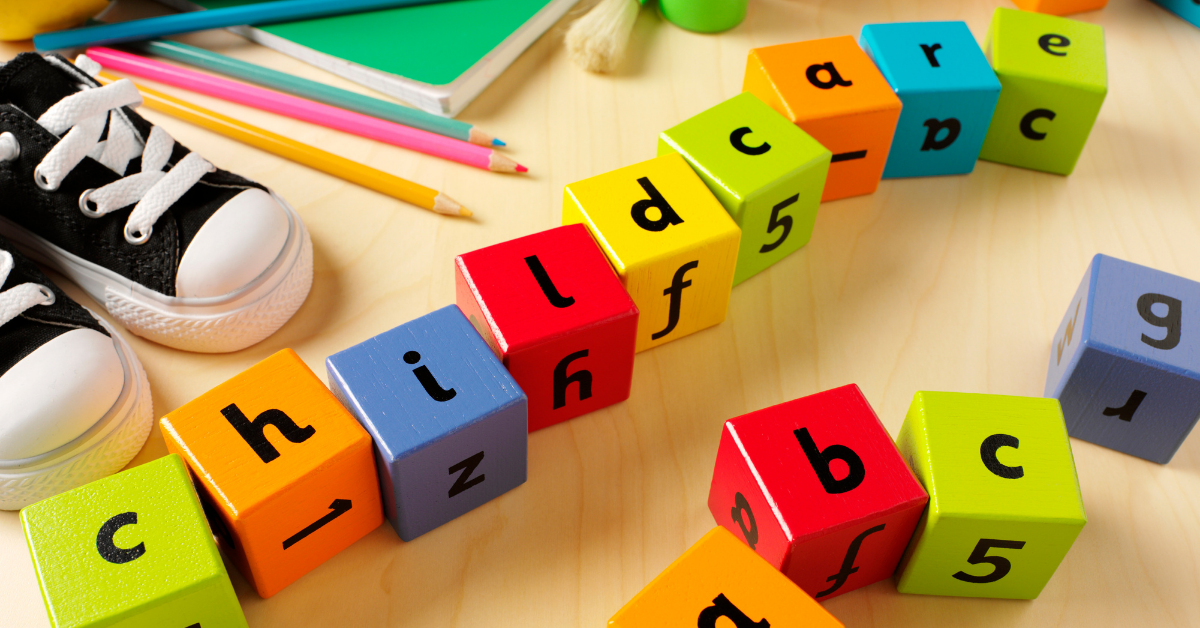
8 Tips for Dealing With Your Anxious Child

*Collaborative Post
People used to think that anxiety only ever affected adults. Grown-ups have more significant responsibilities on their shoulders, but kids can also deal with things that result in anxious thought spirals. Here are some ways to deal with your anxious child if you’re unsure how to help them when they get worked up or afraid.
1. Avoid Dismissing Their Feelings
Sometimes parents dismiss their child’s anxiety, whether they mean to or not. They might put their kid’s symptoms out of their mind because they think the problem will pass. They may also verbally dismiss their child by telling them to calm down, stop thinking that way or get over it.
None of these reactions help anyone with anxiety. Verbally acknowledging and accepting your kid’s feelings is the first thing you can try when dealing with your anxious child. You’ll create a safe environment for them to express their feelings and better handle what they’re going through.
2. Learn Common Symptoms
Your child may exhibit standard common symptoms that are easy to miss or wave away. Look for signs like these if you think your child has anxiety:
- Difficulty breathing
- Excessive sweating
- Shaking
- Digestive problems
- Fatigue
Your child’s pediatrician can help you define these problems as anxiety or another cause if you have any questions. It’s worth mentioning with a quick phone call if these symptoms have happened for some time.
3. Pinpoint the Exact Cause
Sometimes a specific event will cause a young kid to worry. Think about what happened last time that may have triggered your child’s anxiety or what’s coming up that makes them scared. If the problem is going to the dentist, you could bring a comfort item or walk them through their appointment before the day arrives.
The exact cause may help you find a solution, but you may not always be able to make the reason go away. For example, everyone needs their teeth professionally cleaned twice a year. However, the next time your child has an appointment, you’ll know how they’ll react and what coping mechanisms will prepare them for the event.
4. Ask Them to Talk About It
It’s challenging to talk about something when you’re embarrassed about it. It’s even more difficult when you’re a young child who doesn’t have the vocabulary to identify your emotions.
Ask your child to sit down and talk about their feelings. You can work together to identify what’s happening in their head and heart. They’ll feel much less alone because you’re giving them your full attention to solve the problem. You could also talk about when you felt the same way so they don’t think anxiety is an issue that only affects them.
5. Practice Breathing Exercises
It’s challenging to calm down when you’re in the middle of an anxiety attack. Kids have an even harder time recognizing when they’re anxious, so teach your child how to help themselves with breathing exercises.
The next time your young kid starts showing their typical anxiety symptoms, practice breathing through the panic with them. You could each place your hands on your belly and take slow deep breaths through your mouths. Hold that breath for a few seconds before exhaling slowly through your nose. Repeating this will slow your child’s heart rate and help them deal with their anxiety trigger more constructively.
6. Recite Positive Affirmations
Sometimes people don’t know why they’re anxious. Your child may not be able to point at any specific trigger when they’re upset, but that doesn’t mean they’re powerless. You can recite positive affirmations with them to combat anxiety related to things like low self-esteem.
They may feel panicked when they think they can’t handle a difficult test or a problem with friends. Positive affirmations change their mindset so your child feels grounded when facing challenges. They could repeat phrases like:
- I can get through anything.
- I find solutions for every problem.
- I can do anything I put my mind to.
Your child will begin to believe the affirmations and become more confident in themselves with time. It’s a helpful tool for any anxious mind, especially for young children who are still growing into themselves.
7. Build a Better Routine
Routines are inherently comforting. Forming a new one may help your child with their anxiety because schedules also provide a sense of control. Young kids can plan to brush their teeth, eat breakfast and pack their lunch before school. Maybe your child will feel better after journaling during their lunch break. Talk with them to ask what routine they’d like to try to get them involved with fighting their anxiety.
8. Try Creative Outlets
People with anxiety live happier lives when they have outlets. Releasing their stress is equally essential to recognizing triggers or preventing problems.
Encourage your kid to try new creative outlets. They’ll learn helpful ways to dismantle their anxiety while learning more about themselves. They might like writing short stories, coloring or putting small crafts together. As they learn what helps with their anxiety, your child will also discover new things they love to do and aspects of their personality they might not have known before.
Help Your Anxious Child
You can start using these tips for dealing with your anxious child to help them find peace today. They’ll learn essential coping mechanisms while developing their sense of identity, which is a critical part of living with anxiety.
*This is a collaborative post. For further information please refer to my disclosure page.




